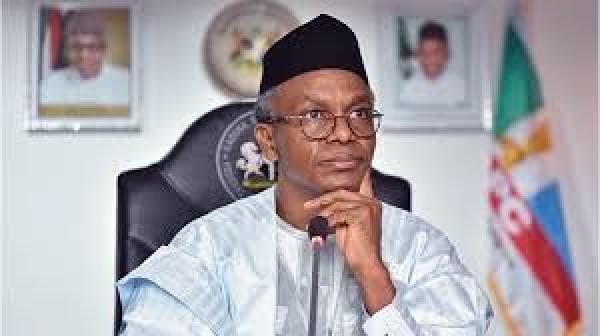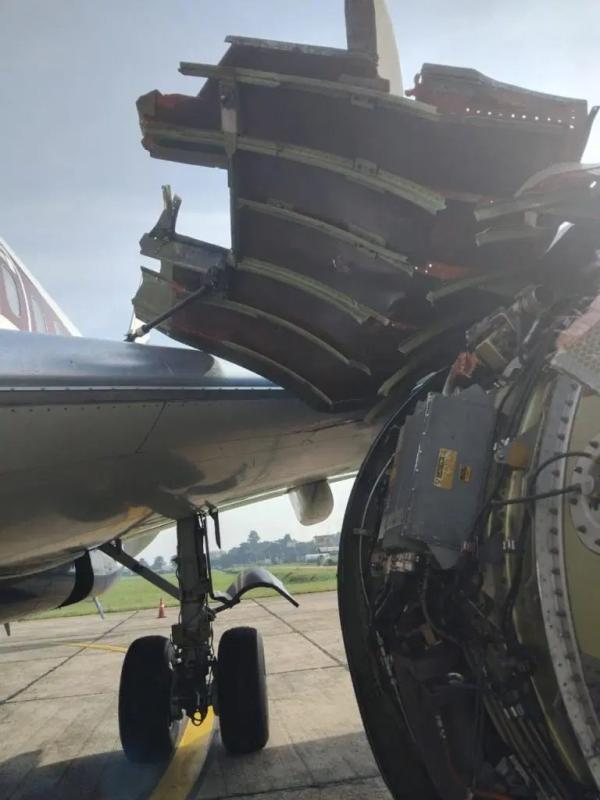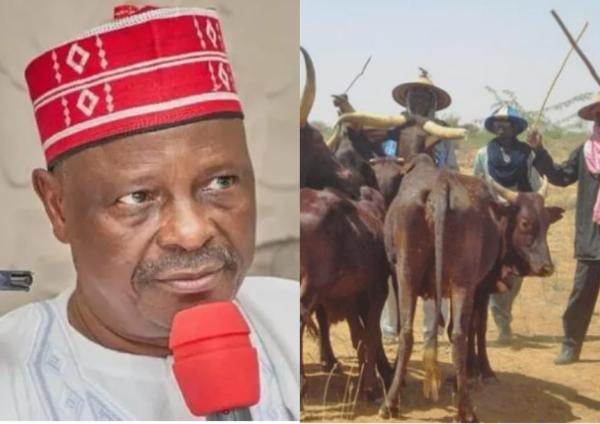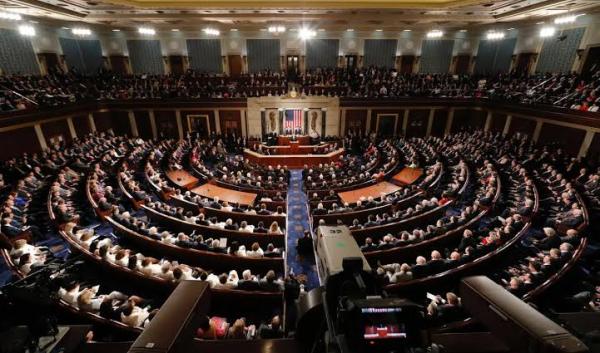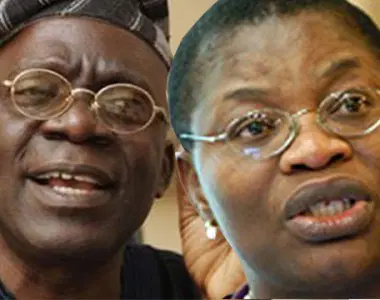
President Goodluck Jonathan at the Presidential campaign rally
President Goodluck Jonathan on Thursday said despite claims to the contrary, his administration is succeeding in its effort to combat corruption.
Speaking at the flag-off of his presidential campaign in Lagos, Mr. Jonathan explained that his strategy towards combating corruption involves the strengthening of public institutions instead of arresting criminals and parading them on television.
“They said that the government is corrupt, we are not fighting corruption,” said Mr. Jonathan.
“But only yesterday, I addressed the corruption agencies. I said look, people are deceiving young Nigerians. That you must tell Nigerians what you are doing.
“We have arrested more people within this period; we have done more convictions within this period. But everyday they tell us lie.”
Mr. Jonathan apologized to federal civil servants for the delay in their December salaries, adding that it was the result of his government’s fight against corrupt officials.
“I apologize to those families that suffered. Because we believe and I believe, that for you to fight corruption you must take measures, establish and strengthen institutions.
“Not just wake up and enter the street and arrest one person, lock and show on television and say you are fighting corruption. If they had succeeded in fighting corruption, corruption would not have been here today,” said Mr. Jonathan.
“What happened in December, it’s because of what we call IPPIS, it’s a software for analyzing and processing salary packages. Because sometimes people steal two salaries. And some Federal government agencies, even some ministries tried to divert funds to pay some kind of allowances and the system is scientific, it’s not human being.
“And as long as money meant for salaries and you attempt to divert it to anyplace, it shuts it down. So those departments of government were shut down. This is the only way you can prevent corruption.”
The president also said that the evidence of his administration’s success in combating corruption could be seen in the fertilizer industry where farmers now have direct access to the product.
“I served in Bayelsa State as a deputy governor/governor for eight years, I also served as a vice president/president for another four years at the centre,” said Mr. Jonathan.
“From all these period, the fertilizer area is area where federal government and state governments spend billions of naira but less than 10 percent of those fertilizers get to the farmers, the rest is stolen or sent out of this country. We came and cleaned up, no corruption in the fertilizer industry again.
“What did we do? We developed what we call electronic wallet. And through that electronic wallet farmers get their fertilizers directly and nobody is cheating the government again. Is that not the way to stop corruption?
“If somebody tells you that the best way to fight corruption is to come and arrest your uncle and father and show on television and dump him, it won’t stop corruption. It will even encourage corruption,” Mr. Jonathan said.
“Armed robbery is still with us. We are shooting armed robbers. Is that stopping armed robbery?
“So arresting people and demonstrating on television will not. You must set up institutions; strengthen them to prevent people from even touching the money. That’s what we are working on and we are succeeding.”
The Tafawa Balewa Square, the venue of the rally, was almost filled to capacity as thousands of people crammed into the arena to attend the event.
The size of the crowd, however, had reduced drastically hours later, before the president gave his speech.
“Nigerians get to fuel stations, sleep on the line to get fuel or tip those who sell fuel to buy. They hoard fuel. Who benefits from the hoarding?”
Some people in the crowd shouted, “Corruption!”
Mr. Jonathan, “Who were those who benefitted from hoarding fuel?”
The crowd shouted, “Obasanjo!”
“Since we came on board, have you suffered; even to bribe somebody to get fuel? Have you slept in the filling station?”
“No!”
“In Port Harcourt, I use to, sometimes two days, my car will be with the filling station, I will be trekking to get fuel. Is that the life you want to go back to? I believe Nigerian youths will not want to go back to that kind of life.”
Mr. Jonathan’s claim that his administration is winning the anti-corruption war came amidst several corruption allegations against officials of his administration.
Unresolved corruption cases
Among the unresolved corruption cases facing the Jonathan administration is its handling of the Malabu $1.1 billion scandal.
The Jonathan administration approved the transfer of the money to Malabu, a company controlled by convicted money launderer, Dan Etete, in 2011, as payment for an oil block Mr. Etete fraudulently acquired from Nigeria.
The transfer occurred despite that Nigeria’s main anti-corruption agency, the EFCC, was already investigating Malabu for registration fraud and despite Mr. Etete’s earlier conviction in France.
The money was later transferred by Mr. Etete to other dubious accounts including those owned by a politician with links to Mr. Jonathan, Abubakar Aliyu.
Nigeria’s Attorney General, Mohammed Adoke, had claimed that the country only acted as an obligor, a claim that has been proven to be false in earlier reports by PREMIUM TIMES.
The president’s claim also came despite the massive corruption in the petroleum sector supervised by the Minister of Petroleum, Diezani Alison- Madueke.
At least N300 billion was fraudulently collected as subsidy by petroleum marketers in 2011, with active connivance of petroleum ministry officials. Several reports including that by a presidential committee and the House of Representatives revealed the unprecedented level of corruption in the sector, with many Nigerians wondering why Mrs. Alison-Madueke remains in office.
Mr. Jonathan has however, continued to claim that most of the reports on corruption in the oil industry were not factual and that corruption is not among Nigeria’s biggest problems.












